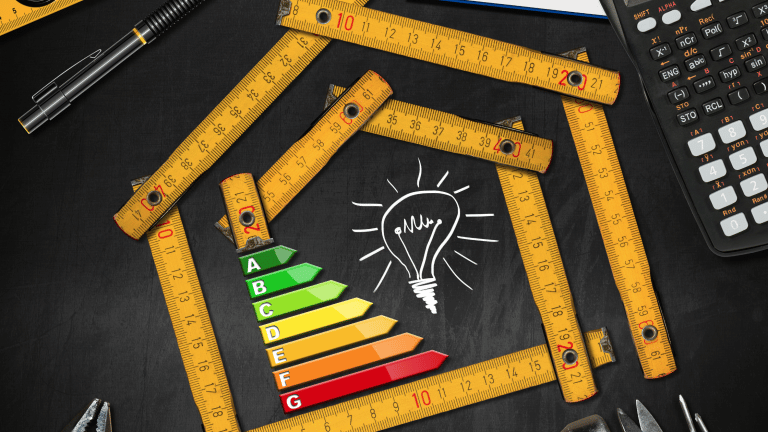
Craig Foster Co-Founder of Energility walks us through his thought process on replacing his HVAC system before it fails.
Should I maximize the life of my HVAC unit or wait until it has a catastrophic failure? If I wait, I take full advantage of the original investment, but there can be consequences. For example, I had a 30 year old hot water heater and was considering which technology to purchase to have the highest efficiency result at an affordable cost. This was an off again, on again consideration that went on for a couple of years. Then, on the day before Thanksgiving and the arrival of many guests, the unit failed. I called a local plumber, and he had the time and a hot water heater in stock. But, it was the lowest efficiency unit available on the market. I was lucky in the fact that I could get it replaced on such short notice, but it is not the hot water heater I would have chosen. The new unit is more efficient than the old because manufacturing standards have changed but an opportunity was missed.
Waiting for the failure means it can come at an inopportune time. A planned replacement allows you to shop and to consider the best system for your house. We have just ordered a new system while our current HVAC system still works. The furnace is 16 years old, and the cooling condenser is 12 years old. The expected life of this equipment is 15 to 20 years, so it is time. By doing it now, we are not replacing a furnace when it is 10°F outside or a cooling condenser when it is 95°F.
And my wife and I are able to consider the consequences of our decision as it relates to climate change. We know that converting as much of our energy use to electric and purchasing renewable energy is the best we can do to help the environment. Our decision must consider resilience. As we consider the predicted increase in weather related power outages, we want to make sure we will not have extended periods without heat. We have a 5.4 kW solar system with a 10 kWh battery that is able to carry our furnace for at least one day. Therefore, our thought process is to minimize our impact to climate change while maintaining our resilience in an uncertain future.
We chose to purchase a dual fuel heat pump system using a natural gas furnace for back-up. If the power goes out in the winter, natural gas continues to flow and we can use the backup to keep our house a low, but acceptable temperature. If the power goes out in the summer, the solar battery will keep the refrigerator going and we open the windows!
We also chose high efficiency equipment (see below for efficiency definitions). The heat pump which will carry 50-60% of the heating load has a Heating System Performance Factor (HSPF) of 9.7, the gas furnace has an Annual Fuel Utilization Efficiency (AFUE) of 96%, and the cooling system has a Seasonal Energy Efficiency Ratio (SEER) of 16.
Planning ahead and proactively updating our HVAC system is the best route to take. Your decision on which system to buy may differ based on your situation but I encourage everyone to plan ahead and do the best you can to minimize your impact on climate change.
Heat Pump Seasonal Performance Factor (HSPF) provides a numerical representation of the total heat delivered by the device during normal usage divided by the amount of electricity it takes to deliver that heat. It tells us how much heat, in BTUs (British Thermal Unit), is delivered per kilowatt-hour (kWh). The higher the rating, the more efficient the device will be.
Annual Fuel Utilization Efficiency (AFUE) is the ratio of the furnace’s annual heat output compared to its total annual energy input.
Seasonal Energy Efficiency Ratio (SEER) provides a numerical representation of the total cooling delivered by the device during normal usage divided by the amount of electricity it takes to deliver that heat. It tells us how much cooling, in BTUs (British Thermal Unit), is delivered per kilowatt-hour (kWh). The higher the rating, the more efficient the device will be.
